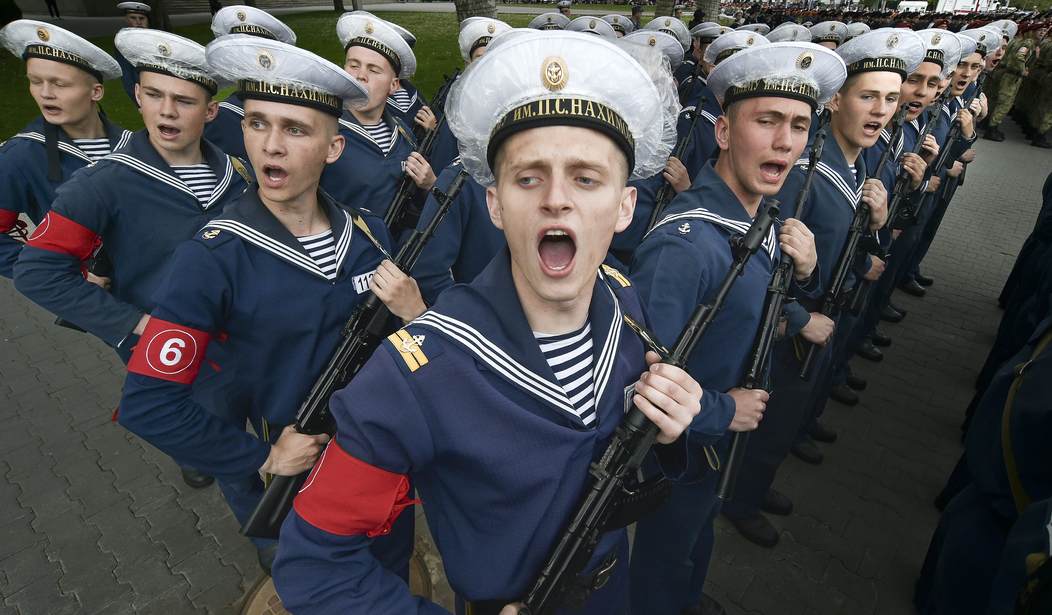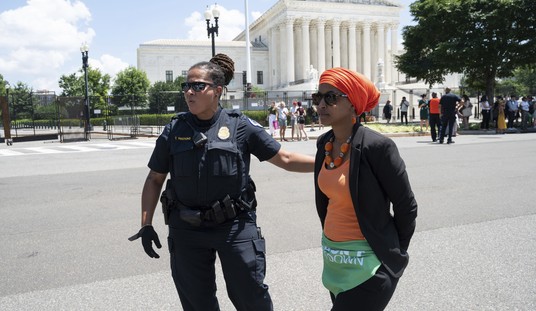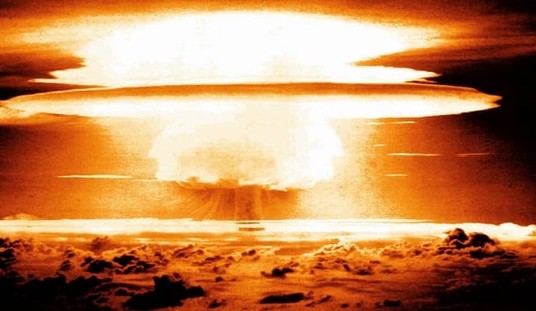Crimea, like many places in Europe, has had a long but troubled history. It suffers a twofold fate; most of Crimea isn't really anywhere (apologies to the people of Crimea who no doubt love their homeland), but it's on the way to everywhere in that part of Europe. Additionally, Crimea boasts a strategic location, featuring the lovely, warm-water Black Sea port of Sevastopol.
Crimea has been invaded, fought over, and occupied by people ranging from Mongols to Greeks. Its history is complex and troubled. Examining Crimea's history in detail would fill a considerable textbook, but let's look at the broad strokes.
The earliest people we can put a name to who lived in the Crimean Peninsula were the Cimmerians, who settled there around 1,000 BC. There is, sadly, no record of a King Conan in the history of the Cimmerian people. In the 7th century BC, the Scythians overran and occupied most of Crimea, although a Cimmerian remnant, the Kingdom of Bosporus, held on in Crimea's eastern Kerch Peninsula. The Kingdom was heavily influenced by Greece, which set up several commercial colonies in Crimea, and later, the Romans traded in the area.
In the 10th century, the Kievan Rus under Prince Vladimir I seized parts of Crimea, but those areas fell before the Golden Horde, part of the Mongol Empire that extended from the Black Sea to the Siberian steppes. In the 14th century, a Mongol ruler of Crimea, Öz Beg, converted to Islam and set himself up as the Khan of Crimea. Beg allowed Christian missionaries into Crimea, despite being a self-proclaimed Islamic leader.
Then, in the 15th century, the Ottoman Empire took over Crimea and the surrounding territories. The Mongols continued to raid and make incursions into eastern Europe, but by this time, the Ottomans were ascendant and the Mongols, fading. This situation held for several centuries.
Russia's involvement in the Crimean Peninsula began in the late 17th century.
Read More: President Trump and President Putin Meet in Alaska--Here's What Happened
From the 17th to the 19th centuries, the Russian Empire and the Ottoman Empire fought several wars over control of the Crimean Peninsula. This began under Russia's Peter the Great, and continued through until the Crimean War from 1853 to 1856. Some key events:
In 1774, the Treaty of Küçük Kaynarca ended the Russo-Turkish War. The treaty effectively ended Ottoman control of the Black Sea, extending Russian territory to the Bug river. This gave Russia control of the port of Azov, most of the eastern portions of Crimea, including the Kerch Peninsula, and gave Russia rights to maritime navigation of all Ottoman waters, including through the Straits of Bosporus and the Dardanelles - greatly enhancing Russia's ability to trade with southern Europe and the Mediterranean states.
In 1783, Russia's Catherine the Great annexed all of Crimea, proclaiming it Russian territory. Sound familiar?
The Ottomans' Crimean ambitions didn't end there. The 1853-1856 Crimean War pitted Russia against the Ottoman Empire, Britain, and France. The allied forces landed on the peninsula in 1854 and laid siege to the Russian port at Sevastopol. In 1856, with Austria making noises about entering the war on the side of the Ottomans and the Western Allies, Russia sued for peace. The resulting Treaty of Paris, among other things, closed the Black Sea to any warships and opened the area, including the Danube River, to shipping from all countries.
In 1870, though, Russia partially repudiated the Treaty of Paris and began to rebuild its Black Sea Fleet.
Then came Russia's October Revolution and the collapse of the old Russian Empire. The remnants of the old Crimean Tatars proclaimed Crimea as an independent republic, and during the Russian October Revolution, Crimea became a safe haven for many White Russians fleeing the Communist takeover. But the Communists prevailed - sadly - and Crimea was absorbed, first in 1921 as the Crimean Autonomous Soviet Socialist Republic. The Soviets landed hard on Crimea, deporting the last remaining Crimean Tatars to Siberia. After World War 2, Crimea was stripped of its "autonomous" label and declared to be a region of the Russian Soviet Federated Socialist Republic. In 1954, Crimea was transferred to the control of Ukraine, then the Ukrainian Soviet Socialist Republic.
When the Soviet Union collapsed, Crimea was retained as Ukrainian territory. But ethnic Russians continued to make up much of Crimea's population, and Moscow was still interested in the peninsula, in particular the port at Sevastopol. There was a short-lived agreement signed in 1994, the Budapest Memorandum, which obligated the signatories - Russia, Ukraine, the United States, and the United Kingdom - to define Ukraine's borders and to transfer all of Ukraine's nuclear arsenal to Russia. The Black Sea was divided; Russia was granted a lease on part of the port, and Crimea was defined, again, as part of Ukraine.
Then, as we know, in 2014, a series of internal problems in Crimea, including the collapse of the Ukrainian presidency of the pro-Russian Viktor Yanukovych, led to the Russian seizure of the Crimean Peninsula. A referendum held that year produced 97 percent of voters in favor of Crimea's joining Russia, but as is so often the case, the conduct of that vote was questioned.
But this is where we are, today, with Russia, under President Vladimir Putin, in control of the Crimean Peninsula. In 2018, Russia enhanced that control with the construction of the Kerch Strait Bridge, opening a road link from Russia to Crimea.
In post-World War 2 Europe, it was presumed that the war-torn continent's borders were established and that there would be no further invasions or other changes. The collapse of the Soviet Union resulted in a lot of former Soviet "republics" breaking away, and that led, indirectly, to 2014 and the Russian seizure of Crimea, which as we have seen, is the latest in a long history of different nations seizing Crimea. This should serve as a reminder that, in human history, the only thing permanent is impermanence—and I stand by my prediction that, no matter what manner of peace may be brokered in the end, Russia will retain Crimea.















